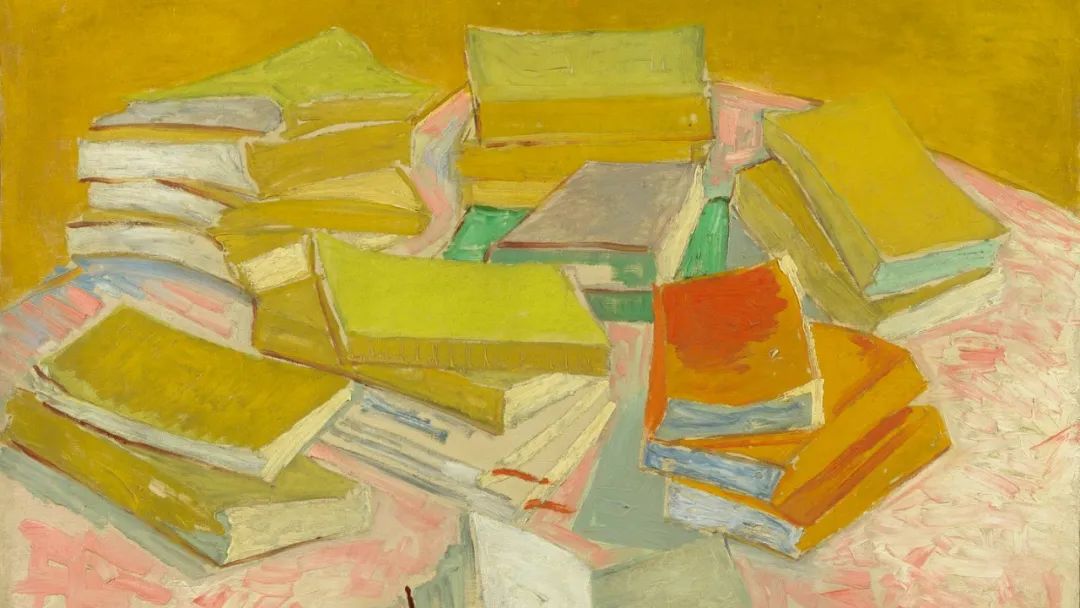
原标题:The Books Briefing: Turning to Fiction to Cope With Fear
原作者:ROSA INOCENCIO SMITH
As the coronavirus pandemic continues to spread, disrupting some of the most basic aspects of daily life, people around the world are facing the anxiety and uncertainty that come with an unseen and fast-moving threat. Readers and writers have often turned to literature to help make sense of such crises, whether in retrospect—as Daniel Defoe did with a novel about London’s 17th-century plague—or in a hypothetical future, as Emily St. John Mandel did in imagining how human life might go on after a disease devastates the globe. Indeed, apocalyptic plots once relegated to the genre shelves are more common than ever in contemporary literature, with authors such as Colson Whitehead and Benjamin Percy using zombies and werewolves as tools to examine dystopian aspects of modern life.
While the Chernobyl catastrophe has prompted many literary representations, the most successful may be those which, like the works of Svetlana Alexievich and Christa Wolf, acknowledge the ways narratives of disaster tend to fall short of providing closure. Meanwhile, in a collection of sci-fi stories set a century after the U.S. invasion of 2003, Iraqi authors including Hassan Blasim and Khalid Kaki assert a claim on their country’s future in the aftermath of war.
What We’re Reading
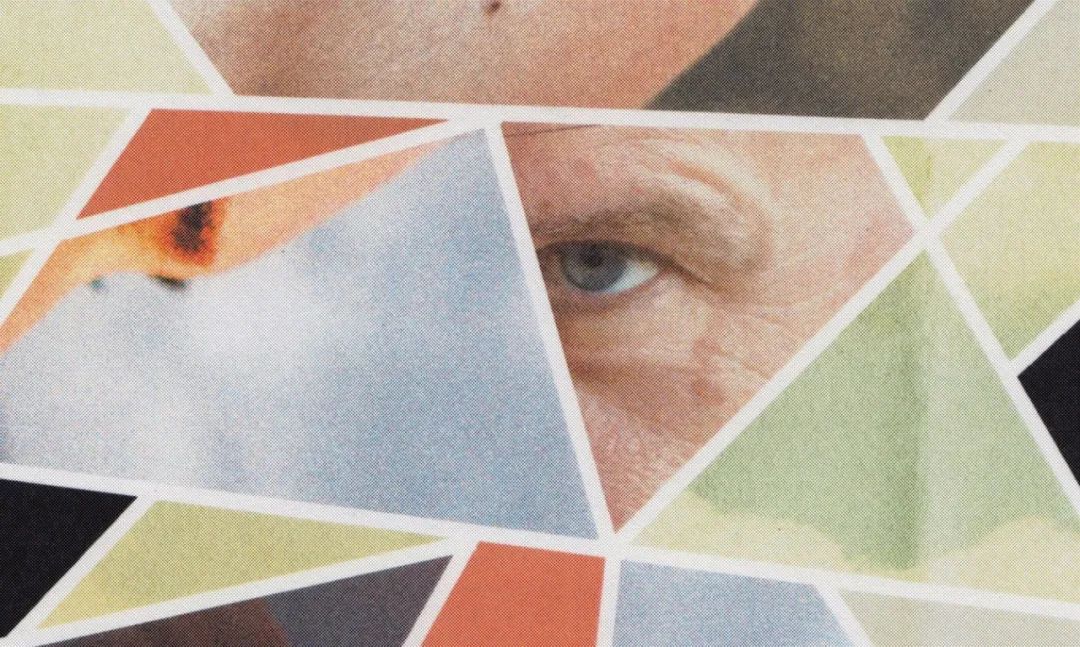
The art of second chances
“Mandel’s deeply imagined, philosophically profound reckonings with life in an age of disaster … are … welcome at home during anxious days of following the news cycle or insomniac nights of worrying about the future.”
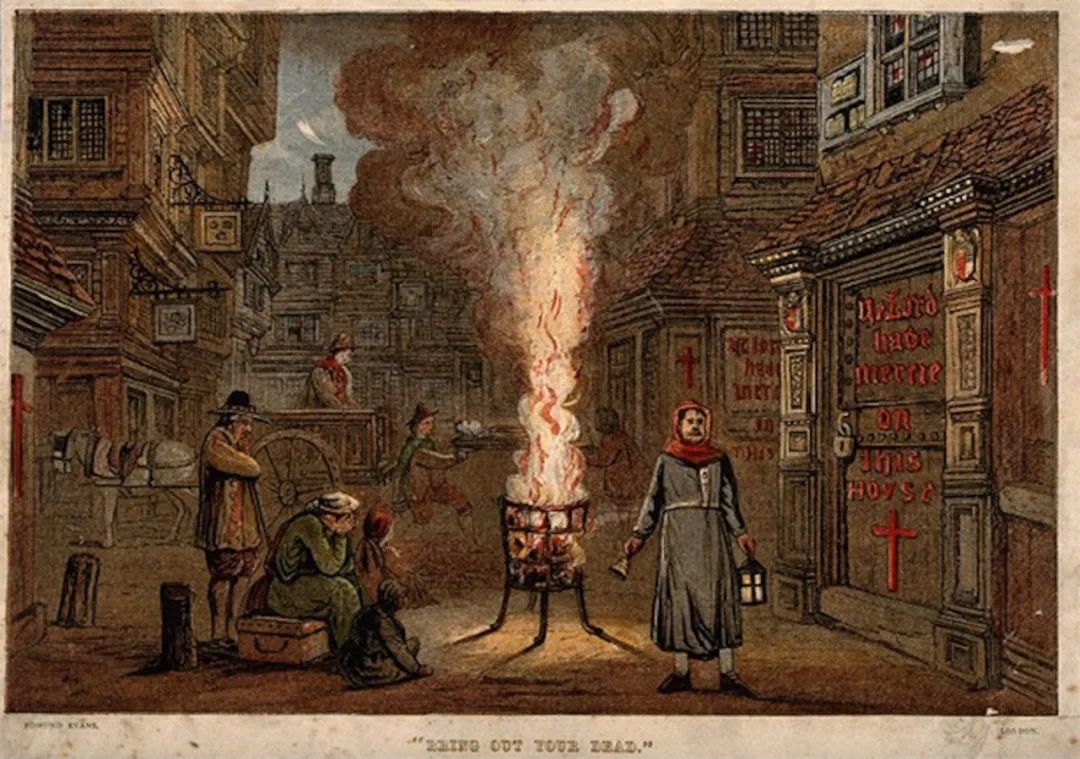
What a 1722 account of plague reveals about new media
“[This] strange little book based on nearly a decade’s worth of collecting facts, accounts, stories, and anecdotes about the plague that hit London [in 1665] … is obsessed with how information, not just the plague, spreads.”
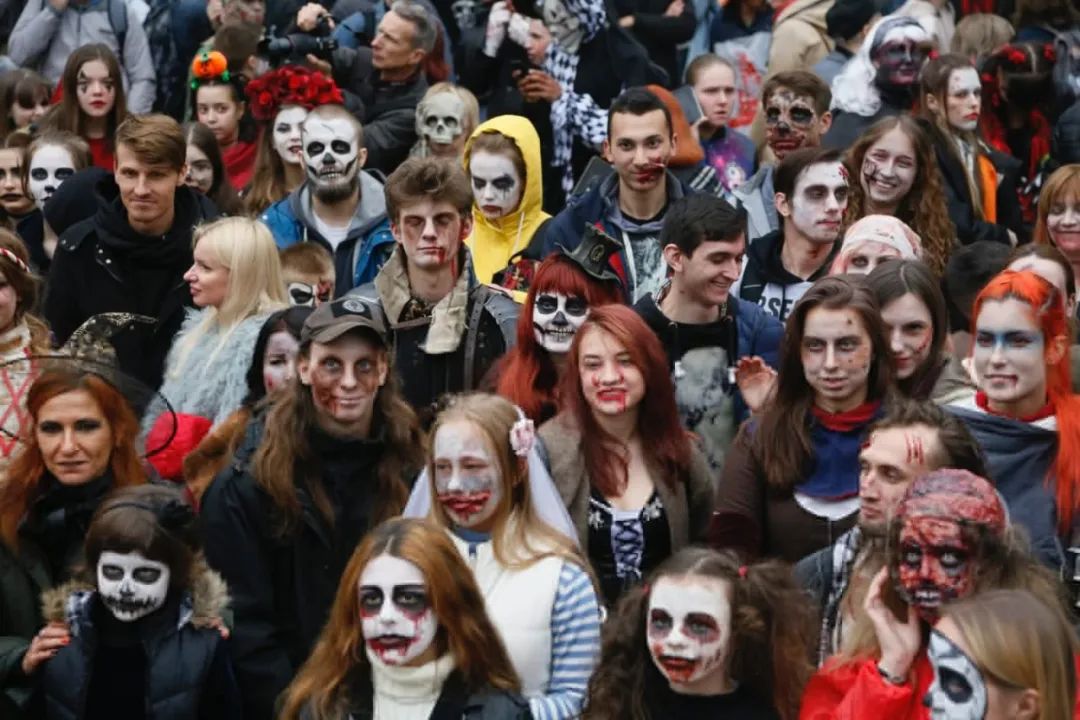
How zombies and superheroes conquered highbrow fiction
“Today’s serious writers are hybrid creatures—yoking the fantasist scenarios and whiz-bang readability of popular novels with the stylistic and tonal complexity we expect to find in literature.”

Chernobyl’s literary legacy
“Through three decades of literary response, Chernobyl has undermined the sort of authoritative depiction that might bring closure … The finest works express profound doubts about the power of language to absorb a disaster of this magnitude, and so continually reopen it to new ways of being remembered.”
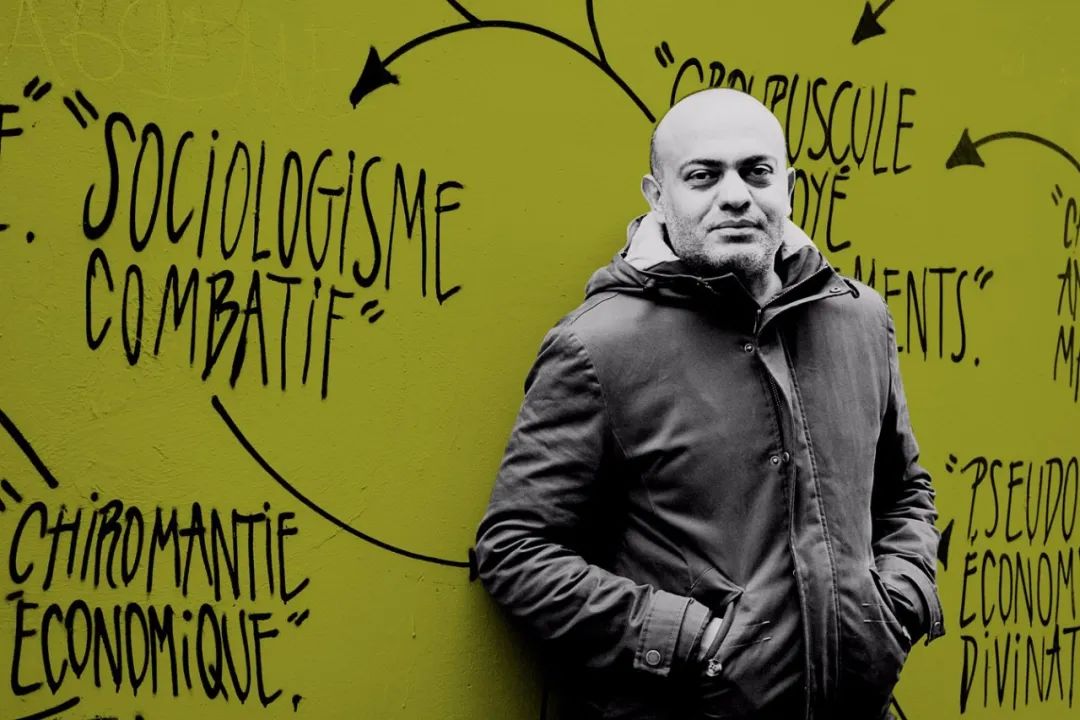
How sci-fi writers imagine Iraq’s future
“It’s profound that in a country as ravaged as Iraq, the dystopian visions that have emerged in works such as Iraq + 100 and Frankenstein in Baghdad aren’t only grim and dark, but also hopeful.”
世界太闹,
幸好还有好书可以看
本文源自微信公众号:LABcircle
